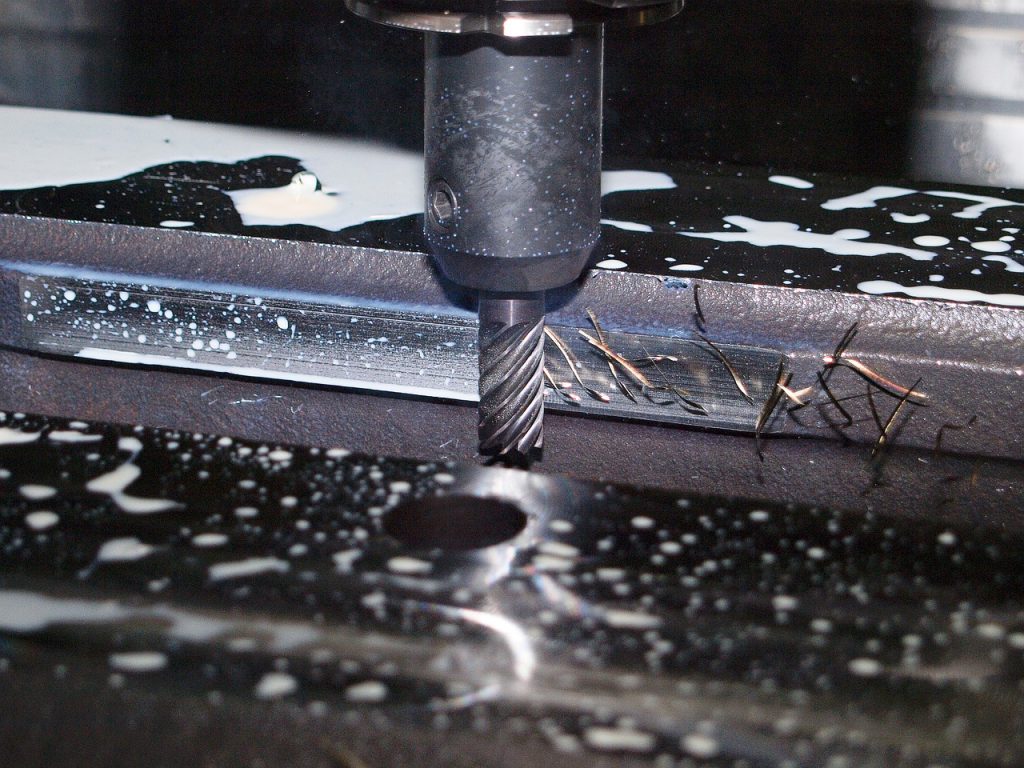
Guarantee a high-quality low-volume production through conventional milling by Aero Spec Engineering. Ensure quality outcomes for custom projects in Australia.
Aero Spec Engineering specialises in conventional milling, making it an excellent choice for low-volume production needs. With a focus on precision and quality, our experienced team delivers custom parts and prototypes that meet specific project requirements.
A Quick Overview of Conventional Milling
Conventional milling is a machining process where the workpiece is fed against the direction of the cutter’s rotation. In this process, the cutting tool engages the material at the thinnest point and gradually increases the thickness of the chip. This results in a more forceful engagement of the tool, requiring more power to drive the cutter.
Conventional milling is often used when working with materials that are prone to chipping, or when a smoother surface finish is not the primary concern. However, it can produce more heat and tool wear compared to other milling methods, such as climb milling.
Conventional Milling for Low-Volume Production
Conventional milling is well-suited for low-volume production due to several key factors:
• Cost-Effectiveness: For smaller production runs, conventional milling is less costly because it requires minimal setup and tool adjustments. This is ideal when high precision or complex setups are not critical.
• Versatility: It also works well with a wide range of materials and doesn’t demand specialised tooling or machinery, making it flexible for various low-volume projects.
• Simpler Process: With less need for precise fixturing, conventional milling is easier to execute for operators, reducing time spent on preparation and adjustments.
Primary Applications of Conventional Milling
Conventional milling is widely applied in low-volume production across various industries due to its simplicity and versatility.
First, conventional milling is ideal for producing small batches of prototypes, allowing quick iterations and adjustments during product development. It can also be used for creating custom or one-off components like replacement parts, small tools, or unique designs without needing extensive setups.
Conventional milling can likewise be employed in manufacturing repair parts or refurbishing worn-out components, especially when custom fitting or unique shapes are required. It is even suitable for low-volume production of moulds and dies for casting, injection moulding, or stamping applications.
Lastly, conventional milling can be used for machining soft metals like aluminium and brass, where the process ensures material is not excessively removed, and precision is balanced with efficiency.
These applications make conventional milling a practical solution in industries requiring flexibility, low production runs, and customisation.
Conventional Milling by Aero Spec Engineering
Hiring Aero Spec Engineering for conventional milling is essential, especially if you want to carry out low-volume production. After all, we have the necessary skills and experience to ensure precise machining, leading to high-quality finished products. We understand the intricacies of the milling process and can achieve tighter tolerances, reducing the likelihood of errors and the need for rework.
We can also select the appropriate tools and cutting parameters based on the specific material and design requirements. Our expertise ensures that the milling process runs smoothly, enhancing efficiency and prolonging tool life. We can even quickly identify and troubleshoot potential issues that may arise during the milling process.
Optimized by: Netwizard SEO
